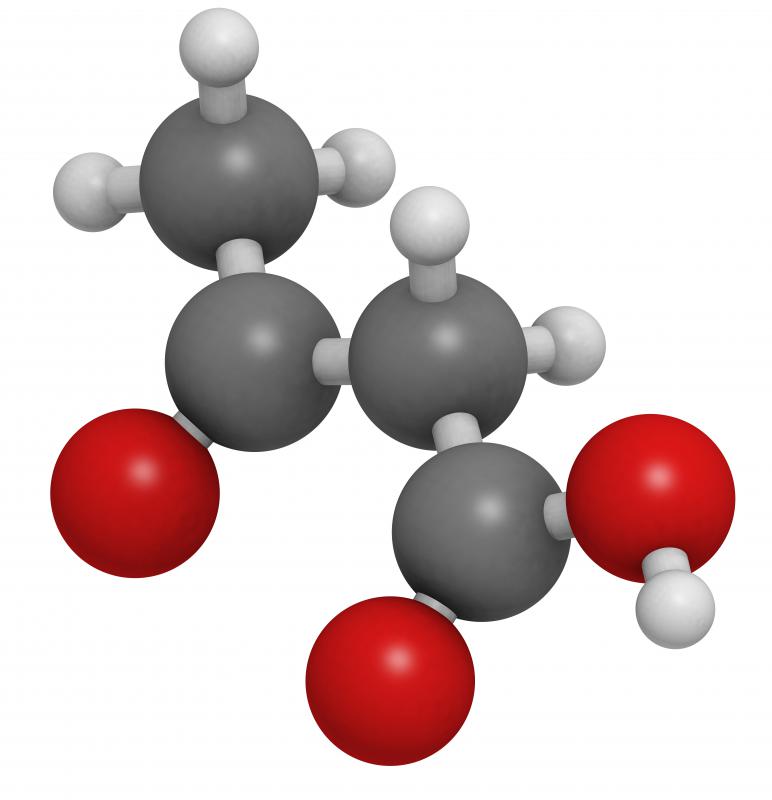At WiseGEEK, we're committed to delivering accurate, trustworthy information. Our expert-authored content is rigorously fact-checked and sourced from credible authorities. Discover how we uphold the highest standards in providing you with reliable knowledge.
What Is a Low-Carb Ketogenic Diet?
A low-carb ketogenic diet is a high-fat, low-carbohydrate diet that allows for moderate to low amounts of protein. The drastic reduction in carbohydrates causes the dieter's body to go into a state called ketosis, in which the body begins to utilize fat instead of carbohydrates for its fuel and energy. Going on a low-carb diet is a means for weight loss and is an effective method for controlling epileptic seizures.
In 1921, the Mayo Clinic developed the first low-carb ketogenic diet as a treatment for patients who were suffering from epileptic seizures. During the 1940s, however, usage of the diet began to diminish in favor of drug therapies, only to be reintroduced as a treatment option in the mid-1990s. When used for this purpose, the ratio of fat to carbohydrates and protein generally is 4:1, although there is some range of adjustment in terms of fat — from 2.5:1 to 5:1.

Primarily used for adolescents who are having limited success with medication-only treatment for epileptic seizures, the diet generally is started in a hospital so that doctors can closely monitor the results. The regimen typically continues at home, with mandatory follow-up appointments to watch for side effects and to avoid complications such as malnutrition. Successful therapy can continue for years, but with sufficient reduction in seizures, the doctor might recommend gradually discontinuing the diet after two years.

When implementing a low-carb ketogenic diet for weight loss, it is believed that by lowering the intake of foods containing carbohydrates, the desire for them also lessens. As a result, this decrease in craving equals a decrease in calorie consumption as well. There are several well-recognized, low-carbohydrate diets that claim a high degree of success. The popularity of these diets is a reason why grocery stores have many low-sugar and low-carb alternatives to regular foods that are high in carbohydrates, such as bread or ice cream.

Luckily, keto’s popularity has spawned several smartphone apps designed to keep dieters on track during their weight loss journey. Some of the best keto diet apps double as a way to help hold users accountable as the pounds come off, thanks to features such as meal tracking and calorie counters. However, several of these apps are service-based, meaning you will have to purchase an account or pay a monthly or annual fee to use the app.
There are certain considerations that should be taken when using a low-carb ketogenic diet. The diet takes a person into a state of ketosis, so there is the potential for health risks that should be fully understood and discussed with a healthcare professional before starting the diet. The ketones that are formed during ketosis can cause the formation of kidney stones and can even result in kidney failure. Other potential side effects of this low-carb diet include decreased growth in children, dehydration, elevated cholesterol levels and constipation.
AS FEATURED ON:
AS FEATURED ON:













Discuss this Article
Post your comments